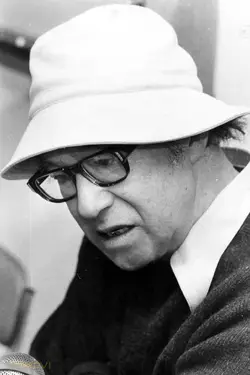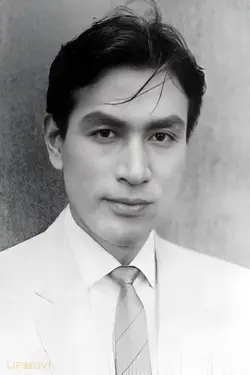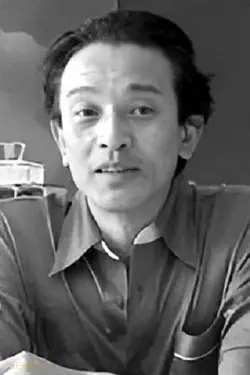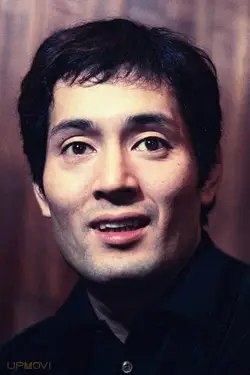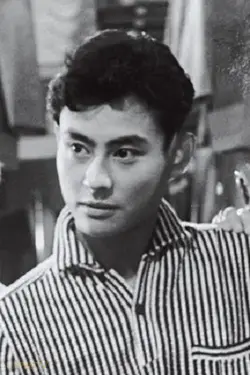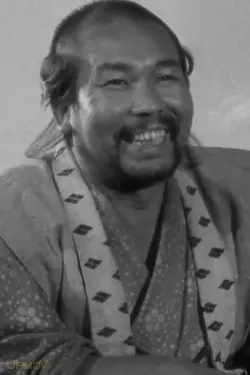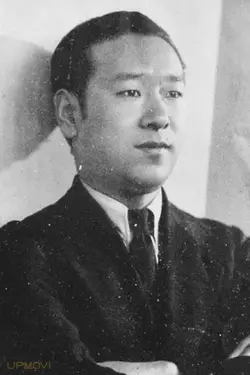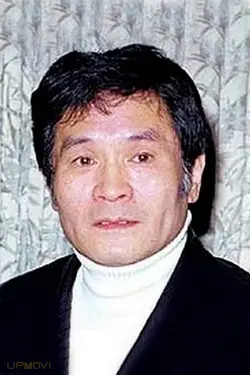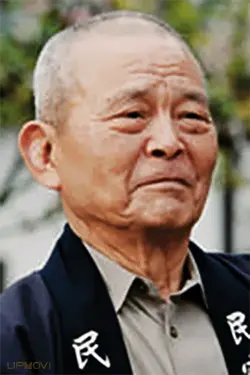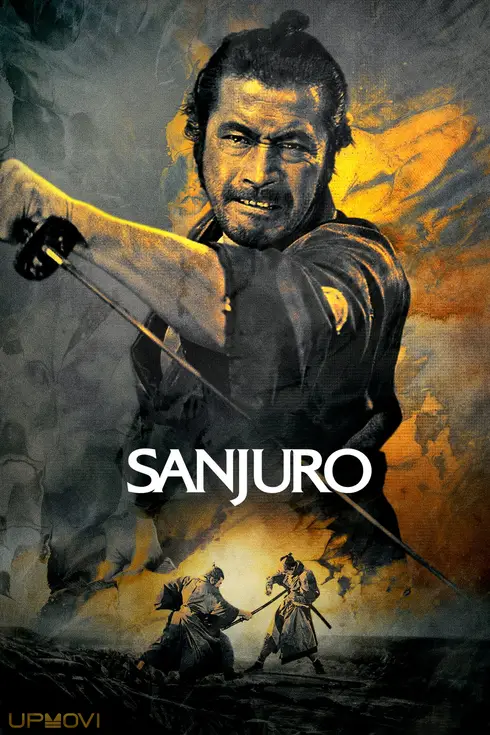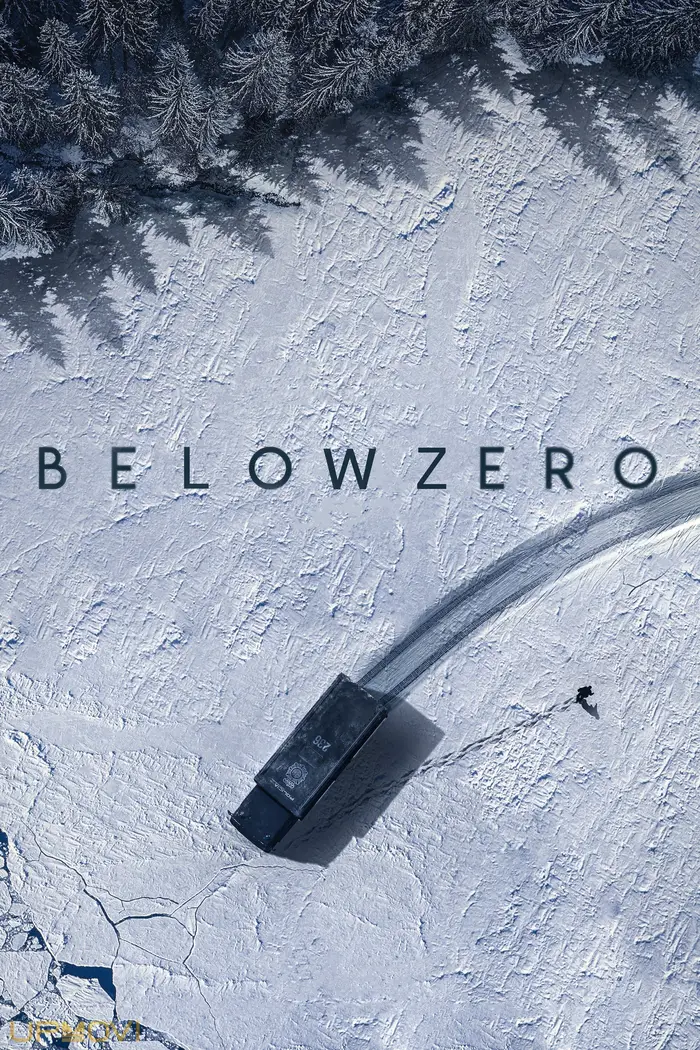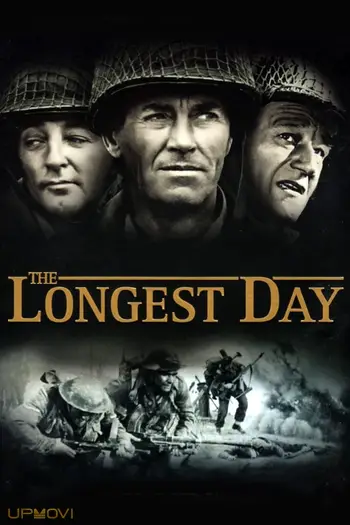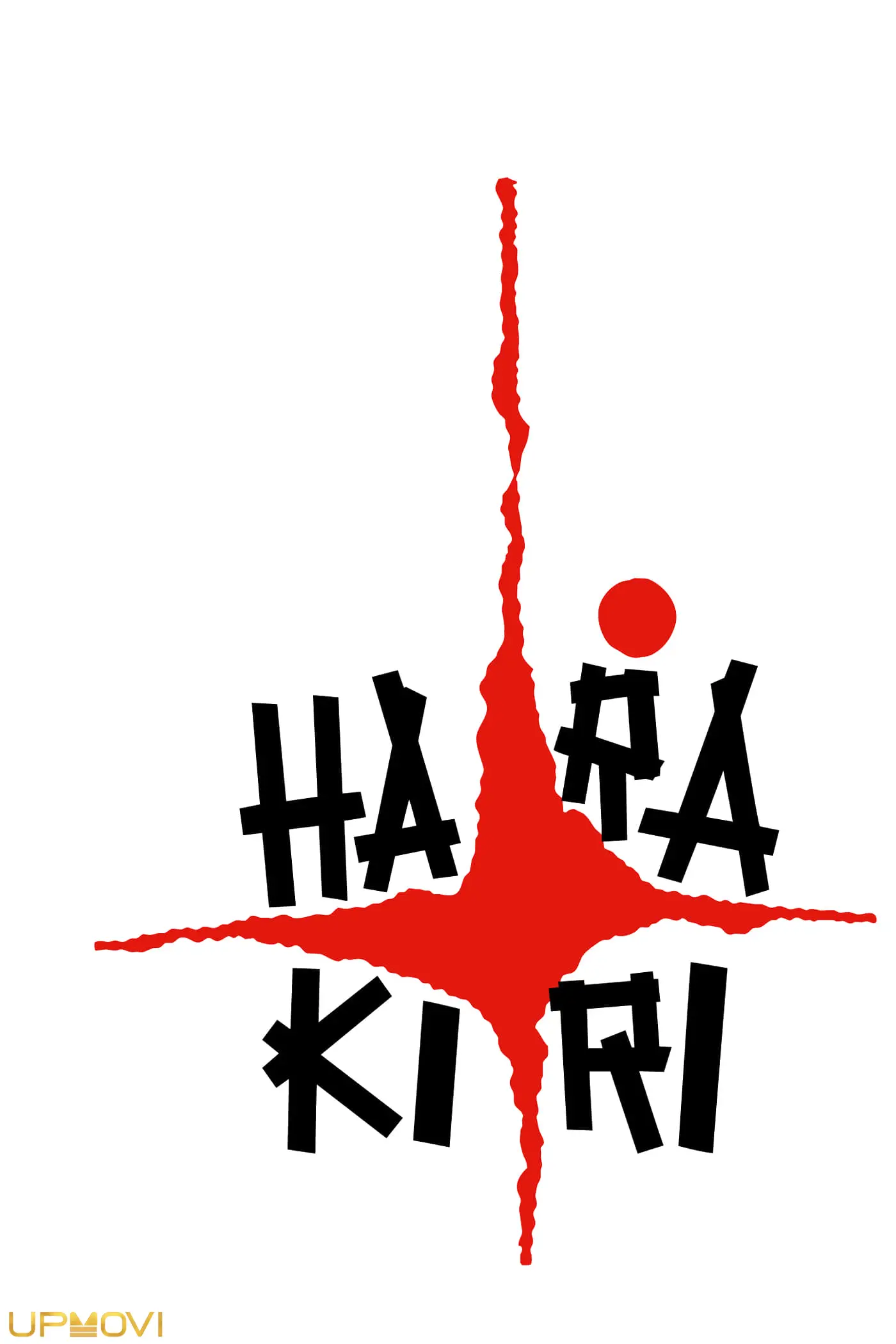
Harakiri
Film Harakiri
🏆 Top 1000 Movie of All Time
Down-on-his-luck veteran Tsugumo Hanshirō enters the courtyard of the prosperous House of Iyi. Unemployed, and with no family, he hopes to find a place to commit seppuku—and a worthy second to deliver the coup de grâce in his suicide ritual. The senior counselor for the Iyi clan questions the ronin’s resolve and integrity, suspecting Hanshirō of seeking charity rather than an honorable end. What follows is a pair of interlocking stories which lay bare the difference between honor and respect, and promises to examine the legendary foundations of the Samurai code.
1-Month Subscription
71 thousand Toman
۲۰٪ discount
59 thousand Toman
31 day
3-Month Subscription
215 thousand Toman
۲۰٪ discount
179 thousand Toman
90 day
POPULAR CHOICE
6-Month Subscription
407 thousand Toman
۲۰٪ discount
339 thousand Toman
180 day
1-Year Subscription
719 thousand Toman
۲۰٪ discount
599 thousand Toman
365 day
